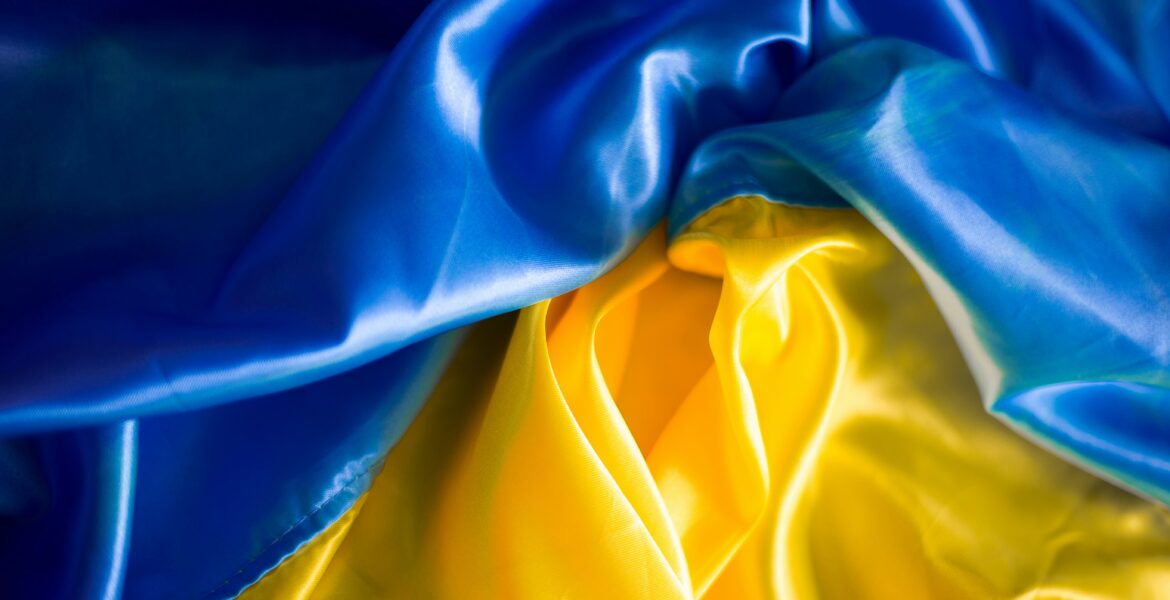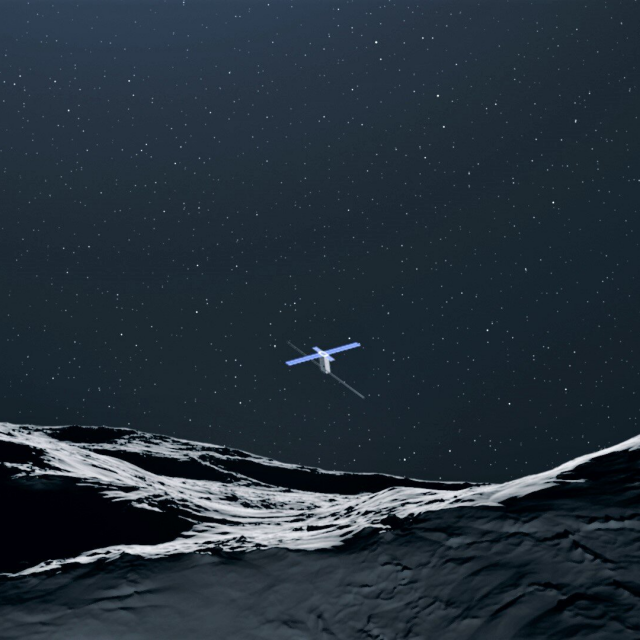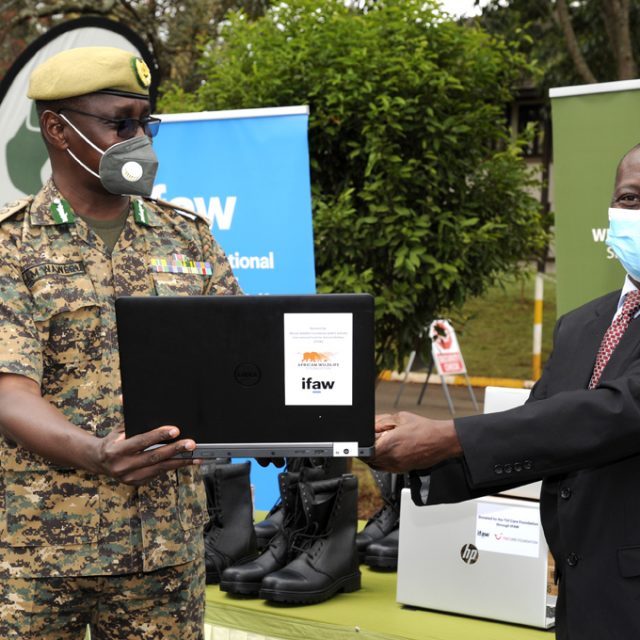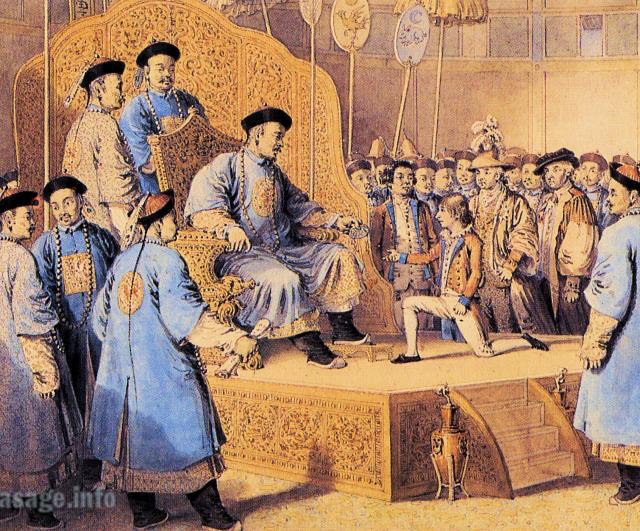Photo by Tetiana SHYSHKINA on Unsplash
In 2025 the war in Ukraine remains one of the greatest challenges facing the international community, particularly the European Union. While Russia continues its aggression, EU member states are determining their positions on how best to support Ukraine. However, these countries approach the issue of aid and conflict resolution in different ways, reflecting their strategic interests, economic considerations, and domestic politics. Although most EU countries continue to support Ukraine, significant differences persist in terms of how that support should be delivered.
France, as a key player in the EU, maintains its support for Ukraine, but with some reservations. President Emmanuel Macron has repeatedly stressed the importance of ensuring Ukraine’s victory in this war, but also acknowledges that the conflict may last longer than anticipated. This approach is also reflected by France’s permanent representative to the UN, Nicolas de Rivière, who, on 14 January, suggested that Kyiv should adopt a more realistic stance regarding the occupied territories. France is keen to evaluate the willingness of other European countries to make concessions to Russia, in a bid to bring about an early end to the war at any cost. According to de Rivière, the issue of occupied territories will be included on the agenda of a closed UN meeting in New York in February 2025. However, during open debates at the UN, France maintains its position of supporting Ukraine and condemning Russia’s aggression. This highlights France’s efforts to strike a balance between supporting Ukraine and pursuing a diplomatic resolution to the conflict.
Germany, as an economic powerhouse within the EU, continues to provide military, economic, and humanitarian support to Ukraine, while also seeking diplomatic solutions. Chancellor Olaf Scholz has stated that Germany will continue to support Ukraine, but he has emphasised the need to explore peace negotiations in order to avoid the escalation of the conflict. This underscores the necessity of balancing continued support for Ukraine with diplomatic efforts, although Germany remains firmly committed to aiding Ukraine’s struggle.
The United Kingdom, on the other hand, is one of Ukraine’s most resolute supporters on the European stage. London is providing substantial military aid, including modern weaponry and training for Ukrainian forces, while also working to limit Russia’s international influence through sanctions and diplomatic pressure. Former Prime Minister Boris Johnson reiterated in January 2025 that the UK would not waver in its support for Ukraine, stressing that Britain would continue to provide the necessary resources for Ukraine to defend itself. The UK is also actively working to isolate Russia on the global stage and believes Ukraine should receive all the support needed to defend its independence and territorial integrity.
Poland, along with the Baltic states—Lithuania, Latvia, and Estonia—has been one of the most determined advocates for Ukraine from the outset of the war. These countries have provided support on all fronts, including military aid, economic assistance, and humanitarian initiatives. Poland, in particular, continues to emphasise the importance of Ukraine’s stability for the security of Central and Eastern Europe, and strongly opposes any compromises with Russia. The Baltic states share this stance, supporting a strategy that seeks to further isolate Russia on the international stage and increase aid to Ukraine.
Despite the strong support Ukraine receives from most European countries, there is an underlying uncertainty regarding the stance of the United Nations on the matter. France, in particular, seeks to introduce the issue of occupied territories into the closed agenda of the UN meeting in New York in February 2025, which may signal a shift towards making concessions to Russia in the pursuit of a diplomatic resolution. At the same time, France continues to declare its support for Ukraine at open UN debates, yet it is increasingly clear that the search for peace might put the durability of the international stance supporting Ukraine under strain.
This uncertainty could pose a challenge for the UN, especially if countries like France begin to actively push for compromises with Russia, even though this may not align with the overall position of supporting Ukraine. It remains unclear what the final course of action for the UN will be and whether it can maintain a consistent position that reflects Ukraine’s interests and the wider goal of international peace.
Overall, the EU’s policy towards Ukraine remains active and supportive, but it is becoming increasingly apparent that significant challenges remain on the road to stable peace. The differing approaches of European countries towards Ukraine’s support will significantly affect the course of the conflict, and it is crucial to monitor future diplomatic moves, as they may shape new strategies for supporting Ukraine in its fight against Russia.




